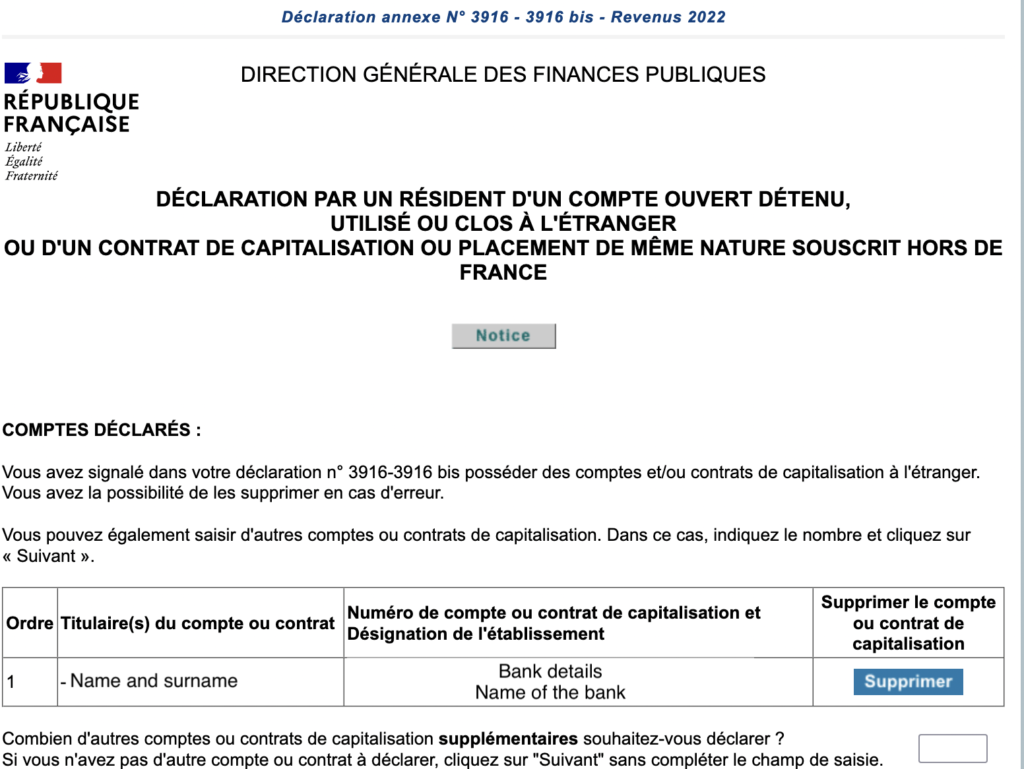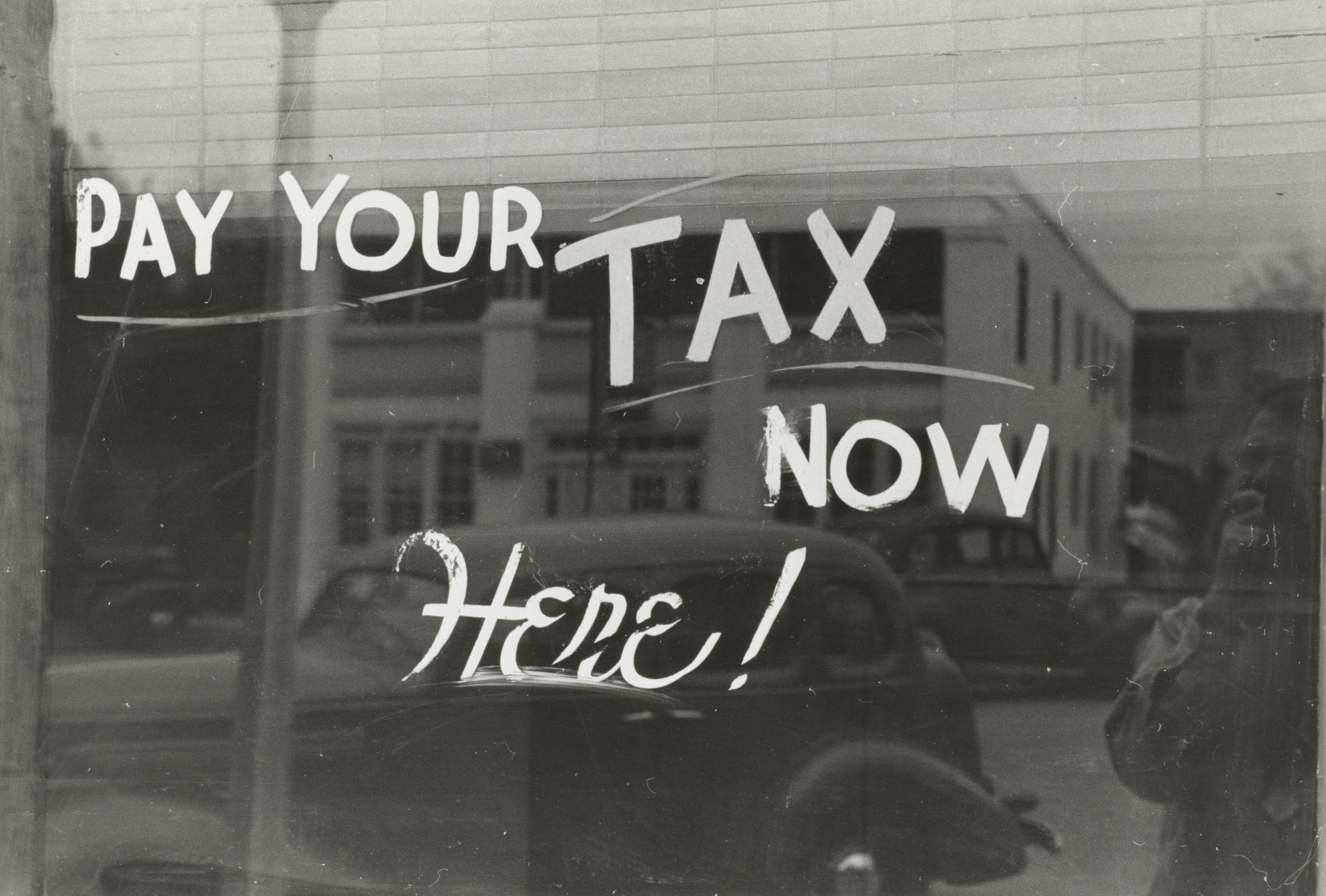The main characteristics of the French school system include compulsory education from ages 6 to 16, free public education, a national curriculum, a school zoning system (Carte Scolaire), a focus on academic subjects, structured grade levels and examinations, emphasis on the French language, highly qualified teachers, long school days, and the importance of the Baccalauréat examination.
Overview of the French school system
Carte Scolaire
The “Carte Scolaire” in France is a system that regulates school enrolment based on geographical zones. It is designed to ensure equitable access to public education and promote social diversity within schools.
Under this system, each residential area is assigned to a specific school and students are expected to attend the school in their designated catchment area.
To know more about the “Carte Scolaire” please check our dedicated article.
What’s the difference between Private and Public Schools in France?
Public schools in France are funded and administered by the government, follow the national curriculum, and admit students based on geographic catchment areas (Carte Scolaire).
Private schools, on the other hand, are privately owned, have more flexibility in curriculum design, can set their own admissions criteria, and may have religious or philosophical affiliations.
Click here to read a dedicated article about this topic.
What is the structure of the French school system?
This section outlines the different steps of the French school system. If you’d like to know more about enrolling your kid in a French school, here is the article.
How do school years work in France?
In France, the structure of the school system is divided into several levels, which I will outline below:
Early Childhood Education:
The “Maternelle” refers to the nursery in France, which is the first stage of compulsory education. Children aged 3 to 6 attend an école Maternelle, which is optional, but in reality widely attended. It focuses on the children’s social, emotional, and cognitive development through play-based learning. A Maternelle aims to foster independence, creativity, and early language acquisition, laying the foundation for future learning.
It is divided into three sections: petite section, moyenne section, and grande section
Primary Education:
L’école élémentaire is the primary school stage in France, covering grades 1 to 5 (ages 6 to 11). At this level, students follow a structured curriculum that includes core subjects such as French, mathematics, science, history, geography, and physical education. They also receive instruction in the arts, music, and foreign languages, providing a well-rounded education.
It is mandatory and comprises five grades: CP (Cours Préparatoire), CE1 (Cours Élémentaire 1), CE2 (Cours Élémentaire 2), CM1 (Cours Moyen 1), and CM2 (Cours Moyen 2).
Secondary Education:
- Collège refers to middle school in France and encompasses grades 6 to 9 (ages 11 to 15). It represents a transition from primary to secondary education. Collège offers a comprehensive curriculum, including subjects like mathematics, languages, sciences, history, geography, and technology. Students receive a broad education and gradually gain more autonomy in their learning. It consists of four grades: 6ème, 5ème, 4ème, and 3ème.
- Lycée corresponds to high school in France, covering grades 10 to 12 (ages 15 to 18). It offers various academic tracks, including general, technological, and vocational pathways. Students choose a specialization aligned with their interests and future goals. In lycée, students deepen their knowledge in specific subjects, prepare for the Baccalauréat examination, and make decisions about higher education or career paths. Lycée is divided into three years: seconde, première, and terminale.
Higher Education:
Higher education in France offers a wide range of opportunities. Students who have obtained their Baccalauréat can pursue further studies at universities, grandes écoles, or specialized institutes.
- Université (University): After obtaining the Baccalauréat, students can pursue higher education at universities and higher education institutions. They can choose from various programs, including bachelor’s degrees, master’s degrees, and doctoral degrees.
- Classes Préparatoires (Preparatory Classes): Another option after obtaining the Baccalauréat is to attend classes préparatoires, which are two-year programs focused on preparing students for highly competitive entry exams to engineering schools or business schools (Grandes écoles). Grandes écoles are prestigious institutions that provide focused education in fields such as engineering, business, and administration. Specialized institutes cater to specific areas like arts, agriculture, or healthcare.
It’s important to note that there are also specialized schools in France, such as vocational schools (lycées professionnels) that offer professional training and apprenticeships.
Click here to read a dedicated article about higher education in France.
How long is a French school day?
The school day in France generally starts around 8:00 or 9:00 a.m. and ends between 4:00 and 6:00 p.m., depending on the level of education. Primary and middle schools have shorter days compared to high schools.
Why is there no school on Wednesday in France?
In France, students who are in primary education enjoy a day off from school on Wednesdays. This practice aims to provide a balanced schedule for students and promote their overall well-being. On Wednesdays, students have the opportunity to participate in extracurricular activities such as sports, music, arts, or other hobbies. This dedicated time allows them to explore their interests outside of the academic curriculum and develop additional skills.
It’s important to note that while Wednesdays are typically free from regular school classes, some schools may offer optional activities or specialized classes on this day. However, participation in these activities is usually not mandatory, and students have the flexibility to choose their level of involvement. Overall, the Wednesday off policy in France serves to create a more balanced and enriching educational experience for students.
How long are Summer Holidays in France?
Summer holidays in France, also known as “les grandes vacances,” are the longest school holiday period in the academic year. It typically lasts around eight weeks, starting in early July and extending until the end of August. The exact dates may vary slightly between different regions and school districts within France.
Many schools provide optional summer programs or reading lists to promote continuous learning and prevent academic regression over the long break.
Grades and Exams in the French School System
What are grades called in France and how does they work?
In France, the grading system used in schools is based on a scale of 0 to 20, with 20 being the highest possible grade. The grades are called “notes” in French. The grading system is the same across all levels of education, from primary school to higher education institutions.
Grades are typically given for individual subjects or assignments, and they reflect a student’s performance and level of mastery in that particular area. Teachers assess students based on various criteria, such as knowledge, understanding, critical thinking, participation, and presentation of work. The grading scale helps to evaluate and track students’ progress throughout the academic year.
In addition to the numerical grades, teachers may also provide written comments or feedback to further explain the strengths and weaknesses of a student’s work. At the end of each academic year, students receive a report card that summarizes their grades and provides an overall evaluation of their performance in different subjects.
What is the Brevet des Collèges and the Baccalauréat?
- The Brevet des Collèges, (Diplôme National du Brevet – DNB), is an examination at the end of collège. It assesses the knowledge and skills acquired during their four years of middle school education. The Brevet des Collèges typically includes written exams in subjects such as French, mathematics, history-geography, science, and foreign languages. It also incorporates oral examinations and may include a comprehensive project. The results of the Brevet des Collèges do not have a direct impact on students’ ability to progress to high school, but they provide an evaluation of their academic achievements at the middle school level.
- The Baccalauréat, or “Bac”, is the national examination taken by students at the end of their high school education. It is a prerequisite for pursuing higher education in France. The Baccalauréat is a comprehensive exam that assesses students’ knowledge in a range of subjects, including their chosen specialization. There are several tracks available for the Baccalauréat, such as the general track (Bac général), which prepares students for university studies, and the technological track (Bac technologique), which focuses on specific vocational areas. The Baccalauréat is a high-stakes examination, and students’ performance in the Bac has a significant impact on their ability to pursue higher education and can determine their access to certain fields of study.
Both the Brevet des Collèges and the Baccalauréat are important milestones in the French education system. They serve as formal assessments of students’ academic achievements, provide a standard measure of their knowledge and skills, and play a role in determining their educational opportunities beyond secondary school.


















